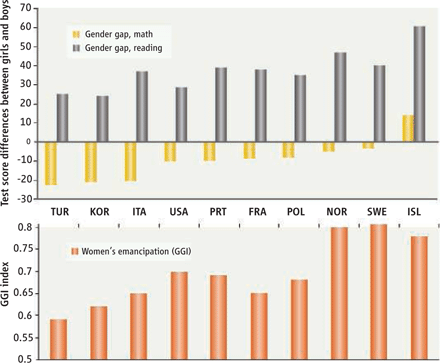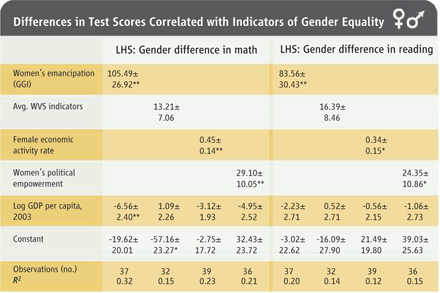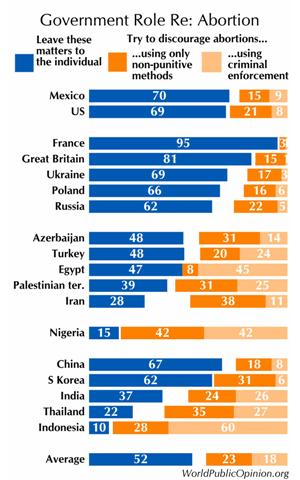“Who determines our ‘most important ideas’?” (on marketing, propaganda, anti-racism, and conversations about social justice) @ Theriomorph
… Marketing is selling ideas/products (you sell the product by selling the idea). It is advertising; manipulation and fundamental brainwashing to achieve an end. The insertion into the minds of the masses the ‘spin’ on reality we want them to take to benefit our wallets, our status, our social power, or our issue.
As more and more social-justice-oriented and political activists of whatever-labeled progressive stripes begin to embrace the tools of marketing to fight back against the increasing destructive power of extreme conservatism and fundamentalism and Nationalism in this country, I’ve been thinking a lot about whether or not this tactic can be made to work well for the ‘Left.’
Propaganda in and of itself is a value-neutral word.
The history of propaganda in usage, however, is anything but value neutral, as any number of examples from global history show (I will use this example not for shock value or direct conflation, but because the propaganda of this era shows the clearest quick-reference link I know of between the marketing of ideas, socio-behavioral modification, the rewards for collaboration, and the punishments for resistance, which is also how marketing works).
I continue to feel profound unease about this adoption of marketing/propaganda strategies even as – perhaps especially as – more and more people who identify as politically progressive are doing it. …
On the pure-mind level, it’s not complicated at all. Propaganda = defocusing manipulation to achieve and retain power. Marketing = lying. Lying and abusing power becomes a self-perpetuating habit.
On the actual-life and solutions level, it gets complicated fast.
I want to see progressive people concerned with social justice in positions of power to effect change.
I want to see feminists publishing feminist books that a lot of people read.
I want to see members of targeted and oppressed groups achieving professional and personal success, and using their newfound social power to become institutional ‘gatekeepers’ – active allies to those who have not yet had the boot taken off their throat. …
[But] The big payoff comes in more for more, not more for few. …
Maybe that’s what we should be marketing, if we really think marketing can work: if we really are so dumbed-down all we can navigate are propaganda slogans, let’s do ‘More For More.’ …
…we live in a deeply damaged world which has shown very little capacity for handling complexity. In some very basic ways, just getting out the incredible notion that women are human is the major triumph.
But which women? The ones with the most privilege already?
If the 3% of feminism the people get continues to perpetuate disunity and active destruction of the alliances essential to real change, if ‘palatable’ means the same people saying the same things in the same way they have always been said, pocketing the pay, and leaving the majority to die, I want no part of it, and I do not call it social justice.
“One simple thing” @ A View from A Broad
… You won’t be popular as a feminist. You can’t prettify its message, make it palatable to those who use and abuse women, or convince people who don’t want to be bothered. Feminism is action instead of reaction, movement instead of cultural inertia, and thought instead of rote acceptance. Merely by demanding action it is threatening. Cultures by their nature, once established, tend to roll along until stopped. Feminism is the mechanism that stops a culture in its tracks and changes its direction.
Don’t expect to be liked for it. And don’t expect to educate people who claim to be looking for information. While feminism is a lot of things, they’re all very simple. Start at the bottom of the pyramid and look at the centuries of oppression and excuses and see how those inform today’s thought on women. Go to the next level. It all builds on itself. You can’t demand to jump ahead when you haven’t mastered the source material. Even so, the concept remains simple and threatening: Women have been denied their humanity too long. Women have been the scapegoats of society forever. If this threatens someone or confuses them, ask yourself why. But don’t expect it to be easy or popular.
“feeling like a macho man” @ la chola
Bloggers are in a position of relative privilege. … We have the time and the money to slow down and create a type of media justice movement that not only will last, but will center the needs of those who are the most marginalized in our communities. We have our history that teaches us we were at our strongest and our best when we were working in the community as a part of the community–that things went all to fucked up hell shit and back when we left OUR job as community builders in the hands of political advocates and interest groups. That things went to hell because political advocates and interest groups are not a part of our community no matter who they are or where they come from. They have a job that is dependent on finding ways to best market human beings to a mass consumer base.
We have all this knowledge, and yet over and over again we insist that the only way to go is up–even when we’ve been shown by people who know and have way more experience than us that from the bottom and to the left is a better road to follow.
… Whether it’s from spite or ignorance or hatefulness or fear, our communities are always looking in the wrong direction when it comes to women of color. And in turning our heads towards the power, we turn our hearts away from the woman in the corner–we leave her so alone the only thing she has left is her taunt, her macho man taunt.
Why is it so easy for us to look the other way? …
also see the rest of the texts Femostroppo Awards for 2007 @ Hoyden About Town



